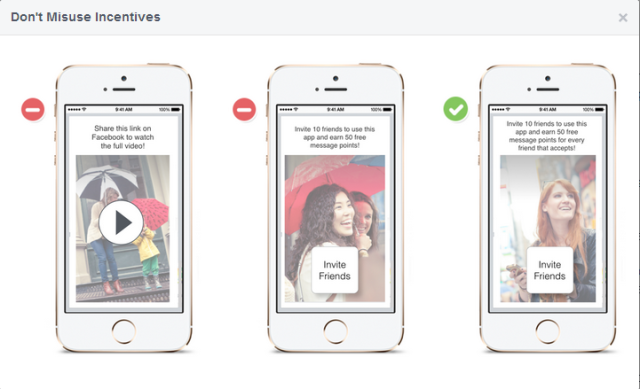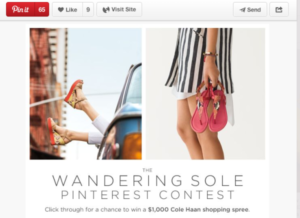We’re all pretty used to seeing sweepstakes that require entrants to “like” an advertiser’s or app’s Facebook® page in order to enter—they’re probably the most common type of promotion on Facebook. Many marketers require consumers to “like” an application’s Page as a condition of entry into a sweepstakes or contest, in order to receive coupons or other rewards, or in order to watch a video or some other type of content. Advertisers like to do this because in exchange for offering consumers benefits for “liking” their applications’ Pages, the advertisers obtain a guaranteed base of Facebook fans and extend their brand’s reach on Facebook.
But, in a few months, as a result of recent changes to Facebook’s Platform Policy, these examples of “like-gating” will no longer be kosher on the Facebook platform. Facebook’s revised Platform Policy, updated August 7, 2014, states that developers of Facebook applications may “[o]nly incentivize a person to log into your app, like your app’s Page, enter a promotion on your app’s Page, or check-in at a place.” The revised policy goes on to state that “Effective November 5th, 2014, you may no longer incentivize people to like your app’s Page.”
Facebook provides these examples of what is no longer allowed:

 On March 20, 2014, the
On March 20, 2014, the  The Boy Scouts of America failed to get their compliance badge from CARU earlier this month after the BSA ran a sweepstakes ad that lacked the appropriate
The Boy Scouts of America failed to get their compliance badge from CARU earlier this month after the BSA ran a sweepstakes ad that lacked the appropriate  We all know that sweepstakes and contests can be vulnerable to enforcement and litigation, but did you know just how many ways your company can hold a losing ticket when running a prize promotion? Let’s review some of sweepstakes and contests that got caught in red over the past few months to see the variety of ways a prize promotion can go bust.
We all know that sweepstakes and contests can be vulnerable to enforcement and litigation, but did you know just how many ways your company can hold a losing ticket when running a prize promotion? Let’s review some of sweepstakes and contests that got caught in red over the past few months to see the variety of ways a prize promotion can go bust.